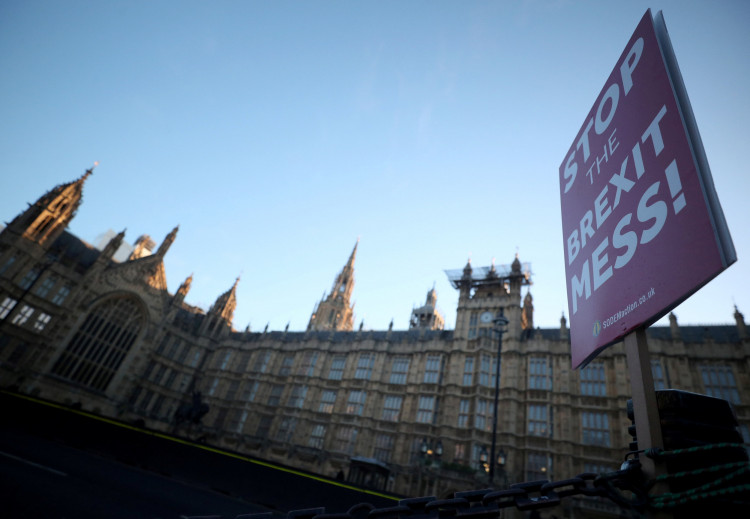Less than two months into the highly-debated Brexit, Britain's economy has started slumping. The country's services sector has reportedly gone into stagnation in January.
According to The Guardian, services sectors in the U.K. saw a slowdown in operations, as noted in a survey made by IHS Markit. Bosses in these sectors reportedly said they had to cut down on employment due to weakening sales. Some have attributed low sales to the impact Brexit is making on clients.
Manufacturing plants and construction firms have also reported difficulties in January, prompting talks about potential stagnant growth levels for the entire Q1 2019.
As predicted by some economists earlier in January, both Italy and France weakened. The French government struggled to convince the European Union to approve its increased spending proposal. Italy, on the other hand, slipped back into recession by the end of the month.
The PMI index also revealed data indicating that new orders dropped for the first time since July 2016. Another first in over six years is the dip in employment rates within the United Kingdom.
Markit's report also stated that the overall index was down at 50.1 and did not reach City forecasts of 50. These figures are lower compared to December's reading of 51.2.
Chief Business Economist at Markit Chris Williamson said the stagnant growth in Britain is affected by the uncertainty that comes with the country's nearing exit from the European Union, The Evening Standard reported.
Williamson explained that "the UK economy is at risk of stalling or worse as escalating Brexit uncertainty coincides with a wider slowdown in the global economy." His statements came after some British firms decided to delay investment decisions that could have had a major impact on growth rates.
Other analysts echoed Williamson as Group Director at the Chartered Institute of Procurement and Supply, Duncan Brock said a lot of consumers have shown deep reluctance to spending since they are unsure how the U.K. will perform after Brexit.
Brock noted that optimism is at "the lowest levels since the last recession in 2009." Brexit fears appear to be providing less hope for the British economy to improve in February and the coming months.
Despite stagnant growth in Britain's services sectors, the European stock market saw positive developments. The FTSE 100 index has been going steadily strong for the past months. BP, the London-based oil giant, soared 4.2 percent on Tuesday, following its success in profits in 2018.






